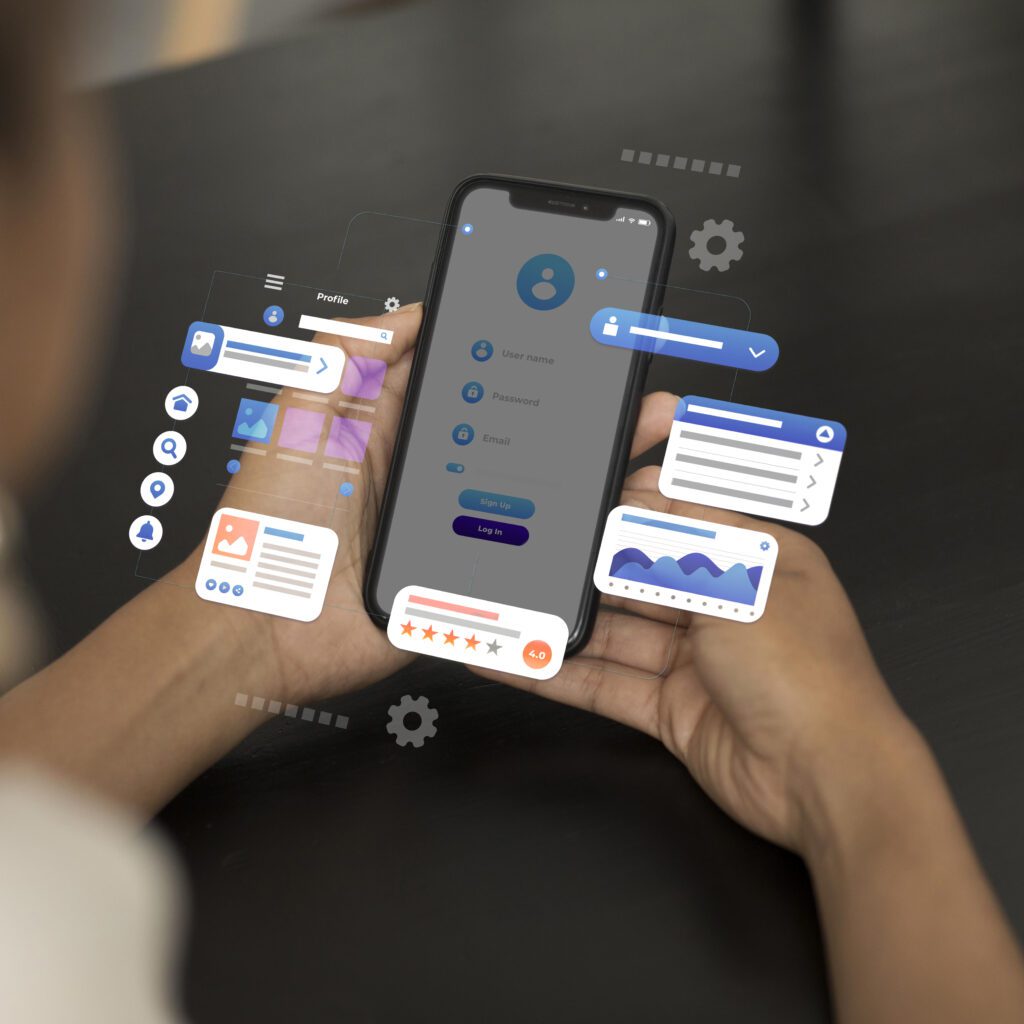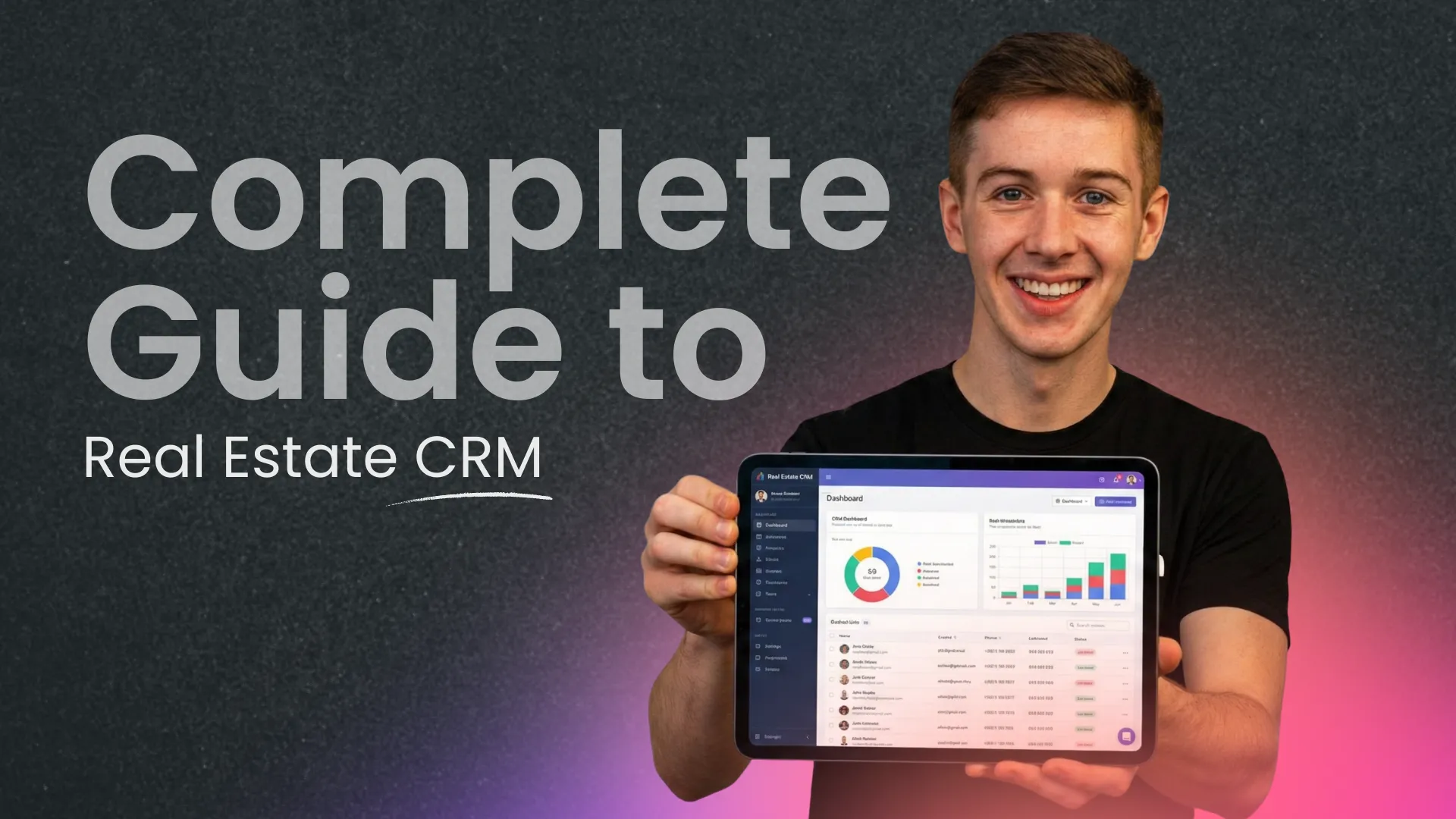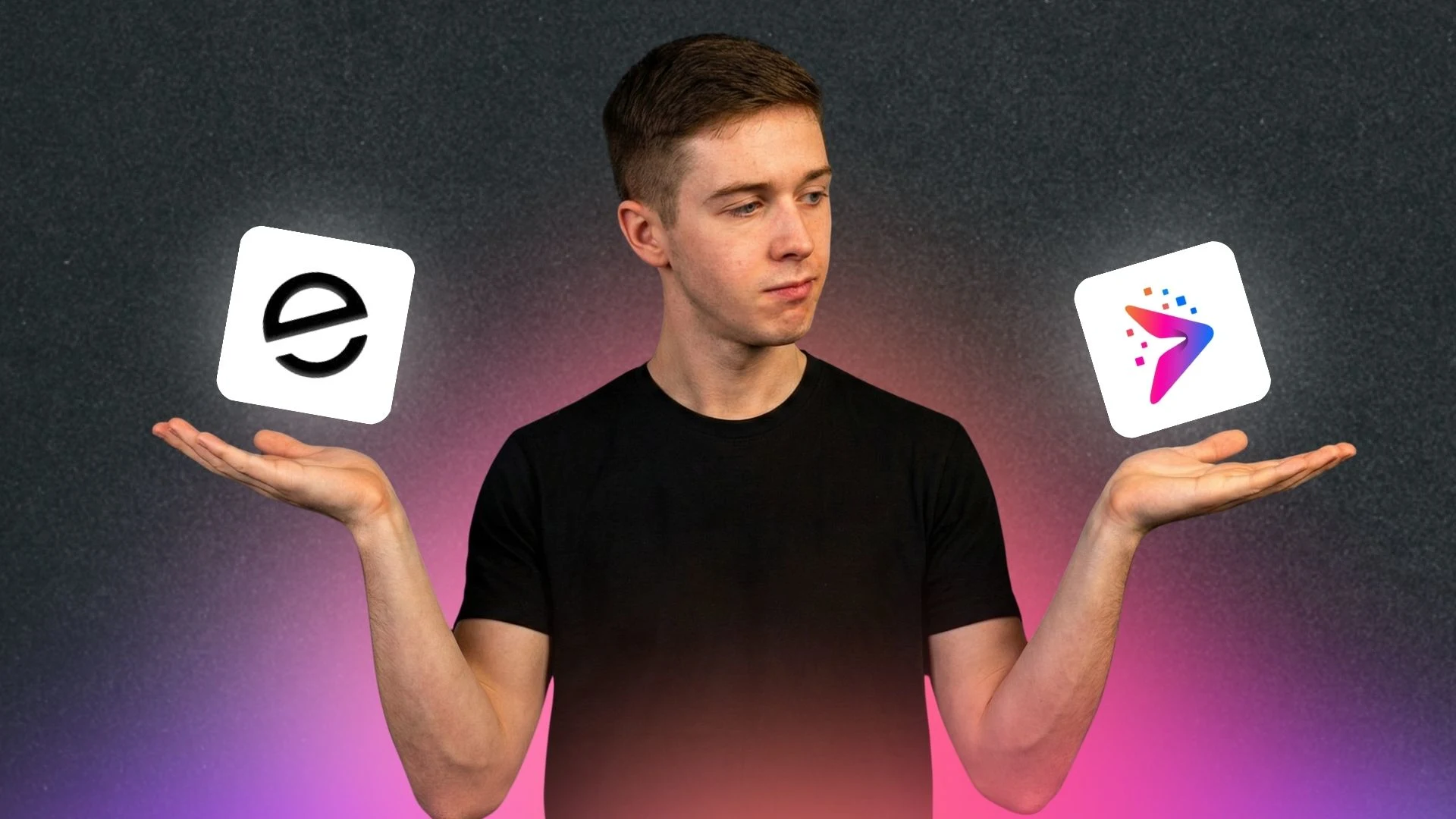
Understanding the AI-Powered App Building Revolution
The Rise of No-Code/Low-Code Platforms: Democratizing App Development
The explosion of no-code/low-code (NC/LC) platforms is fundamentally changing the mobile app development landscape. These platforms, such as Bubble.io or Softr, empower individuals and small businesses to create functional apps without extensive coding knowledge. This democratization of development reduces barriers to entry, allowing anyone with a good idea to bring it to life. Previously, only skilled programmers could build apps, significantly limiting innovation. Now, entrepreneurs and citizen developers can directly translate their vision into working prototypes and ultimately, fully functional apps.
Launch Your App Today
Ready to launch? Skip the tech stress. Describe, Build, Launch in three simple steps.
BuildThis shift fosters a more agile and responsive development process. Faster prototyping means quicker iteration and feedback loops. Companies can test ideas and adapt more readily. “The ability to quickly build and deploy minimum viable products (MVPs) is a game-changer for startups and established businesses alike,” giving them a competitive edge in the market. This accessibility also encourages experimentation, leading to a greater diversity of apps and innovative solutions in various sectors. The cost savings are also significant, reducing reliance on expensive development teams.
How AI Accelerates the App Development Lifecycle
AI significantly streamlines the app development process, impacting every stage from initial conceptualization to final deployment. Tools like Github Copilot already assist developers with code generation and completion, drastically reducing coding time. This translates to faster iterations and quicker time-to-market, a critical advantage in today’s competitive landscape. Furthermore, AI-powered testing tools automate the quality assurance process, identifying bugs and vulnerabilities far more efficiently than traditional methods. This leads to fewer delays and a higher-quality final product.
The impact extends beyond mere speed. AI’s ability to analyze vast datasets allows for data-driven design decisions. For instance, AI can predict user behavior and preferences, leading to more intuitive and engaging interfaces. This results in increased user satisfaction and improved app performance. Companies like Google and Amazon heavily utilize AI in their development processes, demonstrating the technology’s tangible impact on scalability and efficiency. “AI-powered app building isn’t just about faster development; it’s about smarter, more user-centric applications.” This represents a paradigm shift in how mobile apps are conceived and brought to life.
Key Benefits of Using AI for App Building: Speed, Cost, and Scalability
AI significantly accelerates mobile app development. Automated code generation and AI-powered design tools drastically reduce development time. For example, platforms like Google’s TensorFlow Lite can automate repetitive tasks, freeing developers to focus on complex features. This translates to faster time-to-market, a crucial advantage in today’s competitive landscape. “Businesses can launch their apps sooner, capitalizing on market opportunities before competitors.”
Beyond speed, AI lowers development costs. Automated testing and debugging identify and fix errors early, minimizing costly rework. AI-driven tools also optimize resource allocation, reducing the need for large development teams. This cost-effectiveness is especially beneficial for startups and small businesses. Furthermore, AI facilitates scalability. AI-powered apps are designed to easily adapt to increasing user bases and data volumes, ensuring smooth performance and efficient resource management, even during periods of high demand. “This scalability makes AI-powered app development a smart, long-term investment.”
Top AI App Builders: Features, Pricing, and Comparisons
Detailed Reviews of Leading AI App Building Platforms
Several platforms lead the charge in AI-powered mobile app development. Budibase, for example, offers a no-code/low-code approach, excellent for rapid prototyping and simpler applications. Its strength lies in its ease of use and speed, making it ideal for businesses needing quick solutions. However, complex apps might require more extensive coding knowledge. Pricing is tiered, offering free plans for personal use and scaling up for enterprise needs. This makes Budibase a strong contender, especially for smaller teams or startups.
Another significant player is AppMaster.io. This platform shines with its ability to generate backend, web, and mobile apps from visual design tools. This significantly reduces development time and costs. AppMaster.io excels at handling complex logic and database integrations, proving valuable for larger-scale projects requiring robust functionality. Their pricing model focuses on subscription tiers based on features and usage, with the most powerful plans aimed at businesses generating significant user traffic. “Choosing between Budibase and AppMaster.io depends heavily on the project’s complexity and your team’s technical capabilities.”
Pricing Models: Freemium, Subscription, and Custom Plans
Most AI-powered app builders utilize various pricing models to cater to different needs and budgets. A common approach is the freemium model, offering basic features for free, with paid upgrades unlocking advanced functionalities like enhanced AI capabilities or increased app deployment limits. This allows users to experiment and gradually increase investment as their project grows. Think of platforms like Budibase, which offers a generous free tier before moving to monthly subscriptions.
Beyond freemium, many platforms adopt subscription-based pricing. These often involve monthly or annual fees, providing access to all features at a fixed cost. The price typically scales with the level of access granted, for example, offering more storage or API calls with higher-tier plans. Finally, some platforms, particularly those catering to enterprise-level development, offer custom plans. These are tailored to specific project requirements and usually involve negotiations with sales teams, considering factors such as team size, projected app usage, and required support. “Choosing the right pricing model depends heavily on your project scope and budget, so careful consideration is crucial.”
Comparing Features: AI Capabilities, Integrations, and Support
AI-powered app builders offer diverse features, impacting ease of use and final product quality. Key differentiators include the sophistication of their AI-driven design tools. Some platforms excel at generating realistic UI mockups from simple text descriptions, while others focus on automating code generation or providing advanced analytics for app performance optimization. Consider whether features like natural language processing for user interface design, predictive analytics for user behavior, or automated testing are crucial for your project. Choosing a platform that seamlessly integrates with your preferred backend services (like databases or cloud platforms) is also essential.
Support quality significantly impacts the user experience, especially for less tech-savvy developers. Look for platforms offering comprehensive documentation, active community forums, and responsive customer support channels (like email or live chat). Consider the availability of tutorials and training materials. “The best AI app builders provide robust support, ensuring a smooth development journey, even for beginners.” Finally, examine the platform’s commitment to updates and feature enhancements. Regular updates reflecting advancements in AI and addressing user feedback are vital for long-term success.
Building Your First AI-Powered App: A Step-by-Step Guide
Choosing the Right AI App Builder for Your Needs
Selecting the right AI app builder is crucial for a successful project. Consider your technical skills. Are you a seasoned developer or a beginner? Some platforms, like Google’s AI Platform or Amazon Machine Learning, offer extensive customization but require coding expertise. Others, such as Budibase or Appy Pie, provide no-code or low-code interfaces, perfect for those with limited programming experience. Think carefully about your budget too. Pricing models vary widely, from free tiers with limitations to substantial monthly subscriptions for enterprise-level features. “Thoroughly researching available platforms and comparing their features, pricing, and ease of use is essential before making a decision.”
Matching your app’s functionality to the builder’s capabilities is paramount. Do you need specific AI models for image recognition, natural language processing, or predictive analytics? Ensure your chosen platform supports these functionalities. For example, if you’re building a chatbot, you’ll need a platform with robust natural language processing capabilities. Read reviews and case studies to see how other users have fared. Look for examples of apps similar to yours, built using the platform you are considering. This will help you gauge the platform’s suitability and potential limitations. “The right AI app builder will significantly impact your development speed, efficiency, and overall app quality.”
Designing User Interfaces with AI Assistance
AI can significantly streamline the UI/UX design process for your mobile application. Tools like Khroma use AI to generate color palettes based on your app’s theme and target audience, saving you considerable time and effort in the initial design phase. This allows you to focus on the more complex aspects of the user journey. Consider using AI-powered prototyping tools that can quickly generate interactive mockups from simple descriptions, facilitating faster iteration and feedback cycles.
Furthermore, integrating AI during the design stage enables predictive analytics for user behavior. By analyzing data from similar apps, AI algorithms can predict which UI elements will resonate best with your target demographic. “This data-driven approach minimizes the risk of costly design iterations based on guesswork,” leading to a more user-friendly and ultimately successful app. Remember to always test and iterate based on user feedback, even with AI assistance, to ensure the final product meets your users’ needs.
Deploying and Marketing Your App: A Practical Approach
Deploying your AI-powered app requires careful planning. Choose a reliable platform like Google Play Store or Apple App Store. Thoroughly test your app beforehand. Address any bugs or performance issues. A smooth launch is crucial for positive user reviews. “Remember, a successful launch minimizes negative feedback and maximizes your chances of early adoption.”
Effective marketing is key to app success. Consider using targeted advertising on social media platforms like Facebook and Instagram. Leverage app store optimization (ASO) techniques to improve your app’s visibility in search results. Engage with users through social media and gather feedback. Consider partnerships with relevant influencers to boost brand awareness. “Building a strong online community around your app increases organic reach and provides valuable user insights for future updates.”
Real-World Examples: AI-Powered App Success Stories
Case Studies: How Businesses are Using AI to Build Innovative Apps
Several companies leverage AI for faster, more efficient app development. For example, Grammarly, a popular writing app, uses AI to power its grammar and spelling checks, significantly improving user experience and reducing development time for new features. This AI-driven approach allows them to quickly adapt to evolving user needs and deliver updates more frequently, resulting in a more robust and user-friendly product. Their success highlights the potential of AI-powered app development tools to improve efficiency and quality.
Another compelling example is Netflix, which uses AI extensively, not only for its recommendation engine but also for optimizing video encoding and streaming quality. This minimizes bandwidth usage and improves streaming performance across different devices. “By leveraging AI for these backend processes, Netflix reduces development complexity and ensures a superior user experience,” making it a compelling case study for integrating AI into the entire development lifecycle, from concept to deployment and beyond. Their strategic adoption of AI underscores the transformative power of AI in building innovative and scalable apps.
Analyzing the Impact of AI on App Development Costs and Time
AI significantly impacts the cost and timeline of mobile app development. Initially, the investment in AI-powered tools might seem higher. However, long-term savings are substantial. Automated code generation, for example, reduces the need for extensive manual coding, leading to decreased labor costs. This automation also speeds up development cycles, bringing apps to market faster. A study by Gartner predicted a 25% reduction in development time for AI-assisted projects by 2025.
Furthermore, AI streamlines testing and debugging. Automated testing tools identify and rectify bugs more efficiently than traditional methods. This minimizes the time spent on quality assurance, a crucial and often expensive stage of app development. “The result is a faster time-to-market, reduced operational costs, and a greater return on investment,” a key advantage for businesses aiming to launch innovative apps efficiently. Companies like Microsoft have already integrated AI heavily into their development workflows, showcasing its tangible benefits in both cost reduction and faster product releases.
Future Trends in AI-Driven App Development
The future of AI-driven app development is bright, promising even more streamlined and efficient processes. We can expect to see a surge in no-code/low-code platforms further empowered by AI, allowing individuals with minimal coding experience to build sophisticated applications. This democratization of app development will unlock creative potential and accelerate innovation across various sectors. Expect more robust AI-powered testing and debugging tools, reducing development time and improving app quality significantly. These advancements will lead to faster release cycles and quicker responses to market demands.
Furthermore, the integration of advanced machine learning algorithms will enable hyper-personalized user experiences. Apps will learn user preferences and behaviors, proactively adapting their functionality and content delivery. This will drive higher user engagement and satisfaction. We’ll also witness an increase in AI-driven app security features, proactively identifying and mitigating potential threats, protecting user data more effectively. “The fusion of AI and mobile app development isn’t just a trend; it’s the future of how we create and interact with technology.” This will ultimately lead to more secure, efficient, and user-friendly mobile applications.
Addressing Common Challenges and Concerns
Overcoming the Limitations of Current AI App Building Tools
Current AI-powered app building tools, while impressive, still face limitations. Many platforms struggle with complex functionalities or highly customized designs. They often excel at creating basic apps, but intricate features requiring specific integrations or advanced logic may require significant manual coding. For example, a tool might generate a simple e-commerce app easily, but integrating a bespoke payment gateway or a unique user authentication system could prove challenging. This necessitates a hybrid approach, blending AI assistance with traditional development skills for optimal results.
“The reliance on pre-defined templates and components also restricts creative freedom.” While AI accelerates the initial development phase, achieving true uniqueness might demand more manual intervention. Think of building an augmented reality (AR) app with intricate 3D models and user interactions. Current AI tools might generate a basic structure, but fine-tuning the AR experience to be truly exceptional requires experienced developers. Therefore, understanding these limitations is crucial for setting realistic expectations and planning a successful AI-powered app development project. Choosing the right AI tool also depends on the project’s complexity and specific requirements.
Ensuring Data Privacy and Security in AI-Powered Apps
AI-powered app development offers incredible advantages, but integrating AI also introduces significant data privacy and security concerns. Users entrust their data to these applications, making robust security paramount. This requires a multi-layered approach, including strong encryption both in transit and at rest, adhering to regulations like GDPR and CCPA, and implementing robust access control measures. Consider utilizing differential privacy techniques to minimize the risk of individual data exposure, even during model training.
Choosing reputable AI platforms and service providers is crucial. Thoroughly vet providers for their security certifications and track records. Regular security audits and penetration testing are essential. “Transparency with users about data collection and usage is not just good practice; it’s vital for building trust and complying with regulations.” Remember, a breach can severely damage your reputation and incur substantial legal liabilities. Prioritizing security from the initial design phase is the most effective, cost-efficient strategy.
The Role of Human Expertise in AI-Assisted App Development
AI significantly accelerates mobile app development, but it’s not a replacement for human skills. Think of AI as a powerful tool, like a sophisticated code editor on steroids. It can automate repetitive tasks, generate code snippets, and even suggest design improvements. However, a skilled developer is still crucial for overseeing the process, ensuring the AI’s suggestions align with the app’s overall vision, and solving complex problems that AI might not fully grasp. The human element provides the creative spark, critical thinking, and nuanced understanding necessary for a truly exceptional app. Companies like Google and Microsoft are heavily investing in AI-assisted tools, but they still employ thousands of software engineers. This demonstrates the continued, vital role of human expertise.
Effective AI-powered app development requires a collaborative approach. Human developers leverage AI’s capabilities to streamline their workflow, focusing their expertise on more intricate aspects of the project. This includes aspects such as user experience (UX) design, complex algorithm implementation, and rigorous testing. Problem-solving and critical thinking, inherently human skills, remain irreplaceable. “Successfully integrating AI tools requires a developer who can effectively guide the AI, interpret its output, and adapt to its limitations.” This human-AI partnership is key to creating innovative and robust mobile applications that meet the needs of users and the demands of a competitive market.
The Future of AI in App Development: Predictions and Opportunities
Emerging Trends: AI-Driven Personalization and Automation
AI-driven personalization is rapidly transforming the mobile app landscape. Apps are moving beyond basic user segmentation. Instead, they leverage machine learning to deliver highly customized experiences. This means tailored content, product recommendations, and even user interface adjustments based on individual behavior and preferences. Companies like Netflix and Spotify already utilize this effectively, providing a personalized experience that keeps users engaged. “This level of personalization increases user satisfaction and boosts app retention significantly.”
Automation is another key trend. AI tools are streamlining the development process itself. From automated code generation to intelligent testing and debugging, AI reduces the time and resources needed to build and launch an app. This enables developers to focus on innovation and creating unique user experiences. For example, platforms like GitHub Copilot utilize AI to suggest code completions and even generate entire functions. This accelerates development while minimizing errors, resulting in faster time-to-market and cost savings. “The combination of personalization and automation promises a new era of efficiency and user-centric app design.”
The Potential Impact of AI on the App Development Job Market
AI’s rise will undoubtedly reshape the mobile app development job market. While some fear widespread job displacement, the reality is likely more nuanced. Instead of replacing developers entirely, AI will automate repetitive tasks like coding basic UI elements or generating boilerplate code. This frees human developers to focus on more complex and creative aspects of app design and functionality, leading to potentially higher-skilled and more fulfilling roles. Companies like GitHub, with their Copilot AI, already demonstrate this shift towards AI-assisted development.
The demand for AI-specialized developers will likely increase significantly. Professionals skilled in integrating AI features, training machine learning models for specific apps, and ensuring the ethical use of AI in applications will be highly sought after. “This shift necessitates a proactive approach from developers—embracing lifelong learning and acquiring new skills in AI and machine learning is crucial for career longevity in this evolving landscape.” Furthermore, new roles focused on managing and overseeing AI-powered development processes will emerge, creating opportunities for project managers and quality assurance specialists with AI expertise.
Investing in the Future of AI-Powered App Development
Investing wisely in AI-powered app development isn’t just about adopting the latest tools; it’s about strategically positioning your business for the future. Companies like Google and Amazon are heavily investing in AI and machine learning, integrating these technologies into their existing products and services. This demonstrates the significant long-term value and potential for market disruption. “Early adoption offers a considerable first-mover advantage,” allowing businesses to capitalize on emerging trends and establish themselves as leaders in the increasingly competitive app market.
This investment goes beyond simply purchasing AI-powered development platforms. It requires a commitment to skilled talent acquisition and ongoing training, ensuring your team can effectively utilize and adapt to evolving AI capabilities. Consider partnerships with AI specialists or training programs focused on AI-driven app development and machine learning techniques. Remember, successful implementation demands a cohesive strategy encompassing technology, talent, and a robust understanding of your target market’s needs. “By embracing this holistic approach, businesses can unlock the transformative power of AI to create innovative, efficient, and ultimately, highly successful mobile applications.”
Launch Your App Today
Ready to launch? Skip the tech stress. Describe, Build, Launch in three simple steps.
Build





